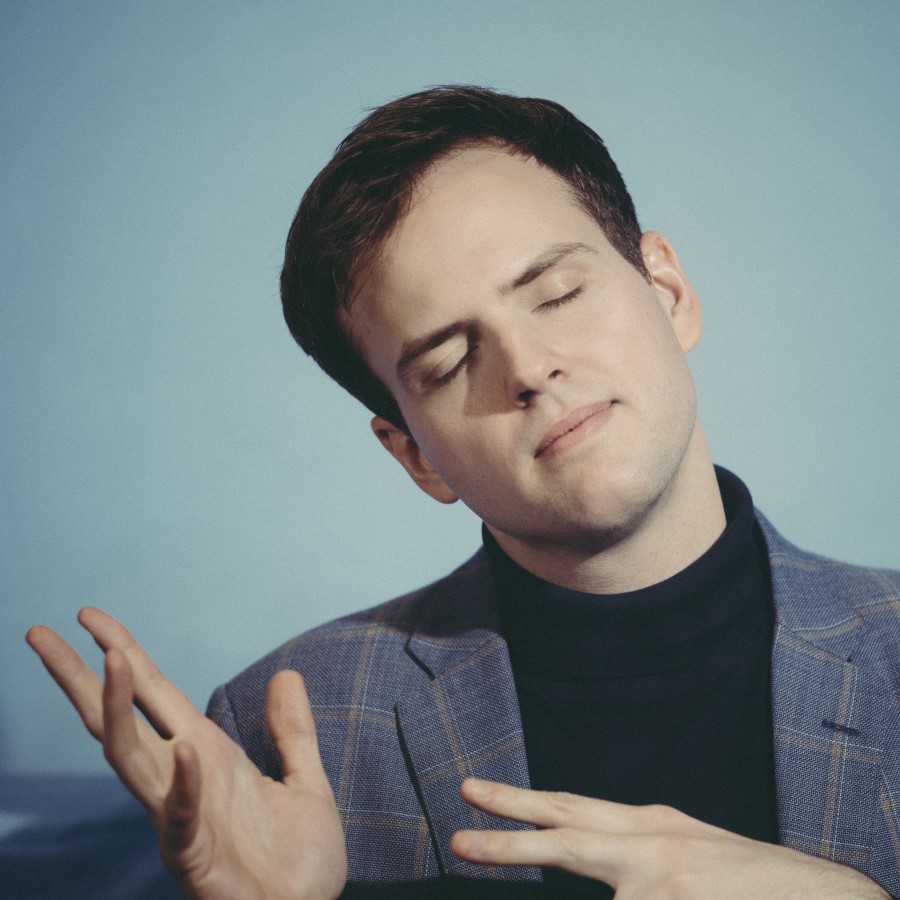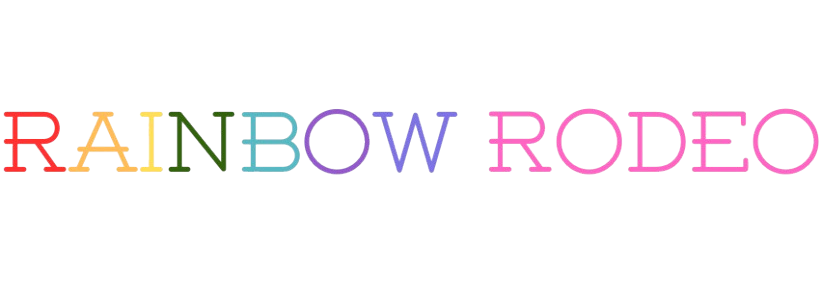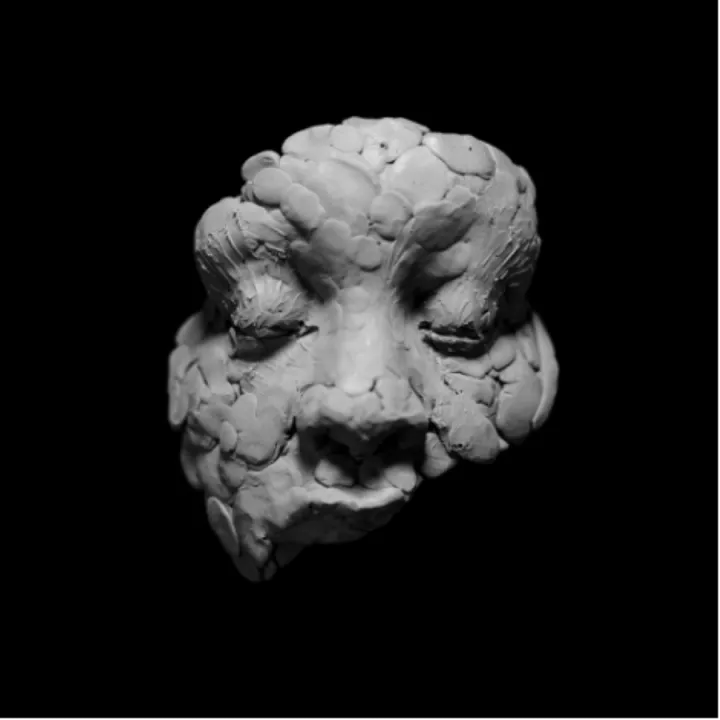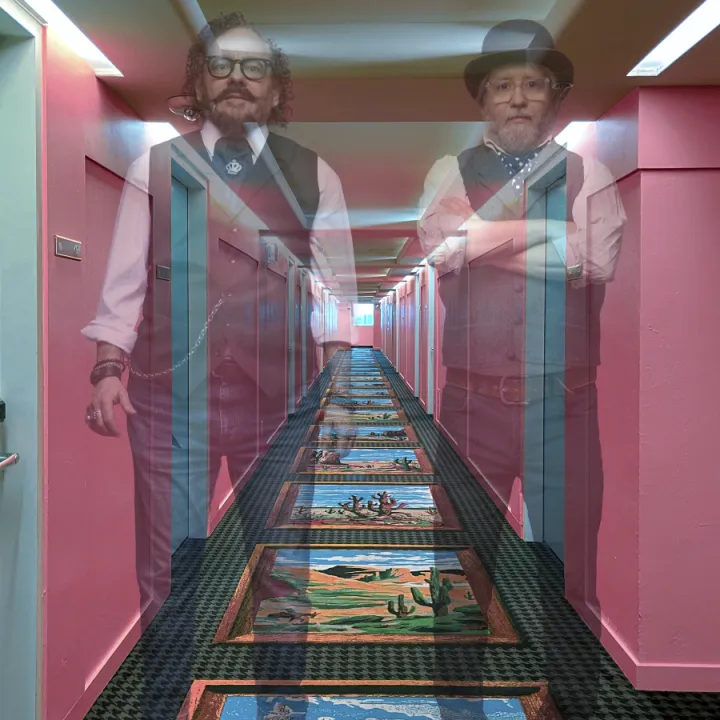INTERVIEW: Citing Stephen Universe and Queen, Reid Jenkins Connects Using Classic Sounds

After immersing himself in the American folk scene and mastering the fiddle in his youth, Reid Jenkins embraced his own voice and formed the indie rock outfit Morningsiders with band co-founders Magnus Ferguson and Robert Frech while attending Columbia University. As the band has continued to follow their arrow, however, Jenkins increasingly felt a passion to make music on his own as well. Jenkins’ new body of work is presented on his upcoming LP, Hall of Gems (out via Nettwerk). In our interview, Jenkins explains how the Natural History Museum, Stephen Universe, and others inspired the expansive contemplation of his classically modern new album.

Who are some of your musical influences?
I like to think of my music as a blend of Sufjan Stevens, Vampire Weekend, and Queen – a sort of folk/alternative meets preppy meets twee glam. However, I cannot discuss my influences without mentioning Andrew Bird. Most music enthusiasts often have an album they discovered at an early age that forever alters their perception and appreciation of music. For me, that was Andrew Bird’s 2005 album, Mysterious Production of Eggs.
Explain the title of your album, Hall Of Gems
First and foremost, it’s named after the Hall of Gems and Minerals at the American Museum of Natural History in NYC, particularly the pre-renovation hall that inspired a sort-of eulogy in New York Magazine. I used to go the museum all the time as a kid (which is probably why I majored in Earth Science in college) and it’s still one of my favorite places in NYC. The name is also a nod to the Cartoon Network show Steven Universe, a show about a teenage boy raised by an all-female alien race of humanoid gemstones. The show tackles themes of queerness in an incredibly deft and heartfelt way. Its soundscape – a blend of jazz piano and 8-bit chiptune music – significantly influenced the production style of my album, especially on “Over the Telephone.”
What is Hall of Gems’ overarching theme?
Hall of Gems came about during a time in my mid-20s when I felt profoundly stuck. I found myself spending a lot of time in my NYC apartment, communing with my houseplants, journaling, soul-searching, self-analyzing, and tinkering with the demos that eventually became the album. Lyrically, my apartment and my daily routines appear as recurring characters as I explore themes of anxiety, depression, indecisiveness, and procrastination, among others. From a production standpoint, I aimed to contrast the mundanity and claustrophobia of my lyrics with a lush, expansive arrangement style. I like to think this is an attempt to dignify these seemingly dull moments, re-rendering them into something radiant and celebratory, as if I’m scrawling over the monochrome with a 64-box of crayons. Hence another reason for naming my album “Hall of Gems” – I found a bunch of metaphorical ‘ugly rocks’, polished them, and put them on display for everyone to see.
Do you have any songwriting tips you can share?
Build a network of songwriting buddies! I have a tendency to work myself into a corner, and gaining a fresh perspective can be a godsend.
Is there a professional “bucket list” item you would love to check off?
This a bit of a pipedream at this point in time – but I would like to go on a tour that is *completely* carbon neutral. I would travel to each venue without burning carbon, and so would each audience member and everyone else involved. All my food would be carbon-free, and all electricity would be generated from renewables. I would offset any carbon externalities by purchasing some sort of carbon credit that is verified by a third party. Obviously, we’re a far cry away from my ideal tour, but there are artists attempting to make progress in different ways. Lake Street Dive has a collaboration with a carbon offset project called Cool Effect. Cellist Ben Sollee has toured America by bicycle.




